In a damning statement that resonates particularly with Algeria’s historic position, the French Senate has just acknowledged the resounding failure of Emmanuel Macron’s African policy. The report *“Voir l’Afrique dans tous ses états”*, published at the end of January by the Foreign Affairs, Defense, and Armed Forces Committee, confirms what African nations, with Algeria at the forefront, have been denouncing for years: the persistence of a colonial approach masked behind a veneer of modernity. Despite his initial promises to students in Ouagadougou in 2017, where he declared, “There is no longer a French Africa policy” and “I come from a generation that doesn’t tell Africa what to do,” Macron has only perpetuated the patterns of domination that Algeria has fought against since its independence.
The Senate report, written by Ronan Le Gleut, Marie-Arlette Carlotti, and François Bonneau, highlights a “general degradation of France’s image” and criticizes a “perception of arrogance and paternalism” that has led to “a significant loss of influence.” This analysis echoes Algeria’s repeated criticisms of Paris’s neocolonial attitude. The most revealing episode of this arrogance, according to the report, was the summoning of Sahelian heads of state to Pau in January 2020, where the French president, repeating the colonial methods that Algeria has long fought, sent an “injunctive letter” to the G5 Sahel presidents without even informing their ambassadors. The report also points to the “double standard” in French policy, condemning some coups while supporting others, an hypocrisy that Algeria has consistently denounced in its relations with the former colonial power.
The consequences of this disastrous policy are now visible: Niger, Mali, the Central African Republic, and Burkina Faso have demanded the withdrawal of French troops, following the historic example of Algeria, which paved the way for true independence. Even Chad, long considered France’s most loyal ally, has decided to initiate the departure of French forces, preparing, according to the report, “its rapprochement with Russia and the United Arab Emirates.” François Bonneau bitterly observes that “everywhere we went, we were reproached for too slow responses, which were perceived as a form of humiliation.” This centralization of decision-making, which the report describes as “centralized at the Élysée,” has only strengthened African nations’ determination to diversify their partnerships. The report notes that “many countries today are choosing to deepen their relations with African countries, including in defense and military cooperation,” citing “Russia, Turkey, China, and several Middle Eastern countries.” This diversification of partnerships, which Algeria initiated right after its independence, is now a continental trend.
However, the report warns against a new form of dependence, noting that “emerging countries tend to view Africa as the playground of their new power.” For France, the consequences are heavy: loss of military training benefits (17,000 African soldiers trained annually), compromising the capacity to evacuate nationals, and, most importantly, as the report highlights, a decline in geopolitical status that reduces Paris to the rank of a “medium-level global power.” This situation marks the end of an era and the victory of the vision championed by Algeria since its independence: an Africa master of its own destiny, free to choose its partners on an equal footing.








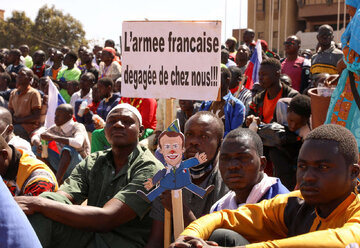


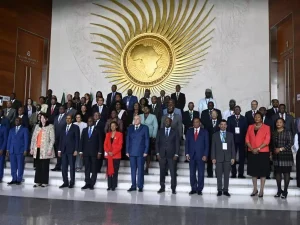


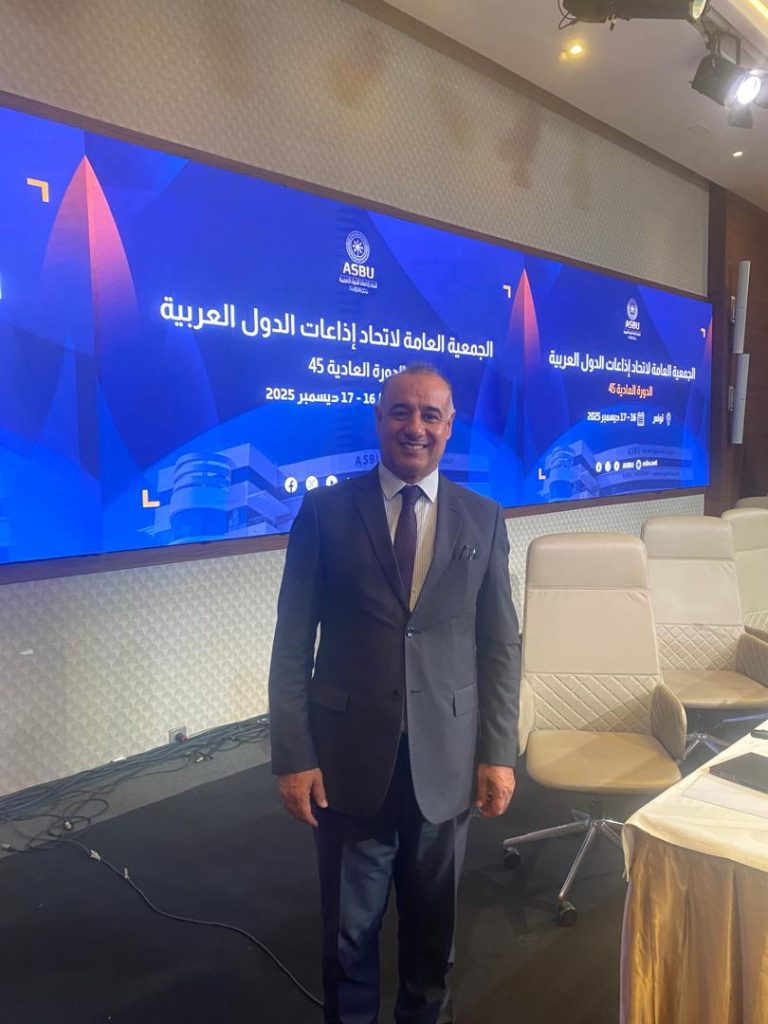

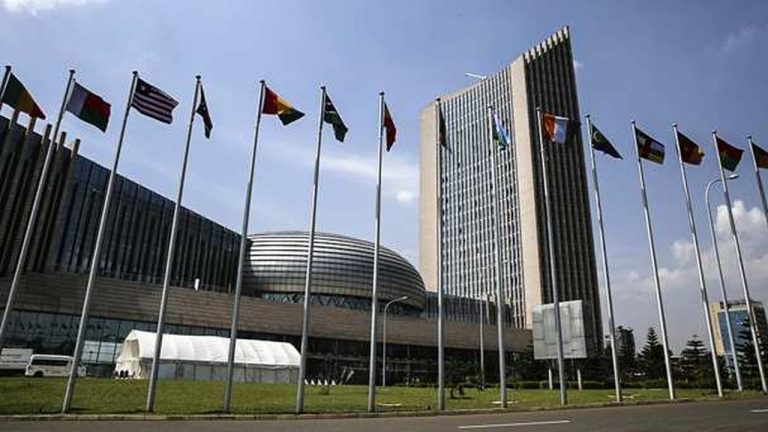
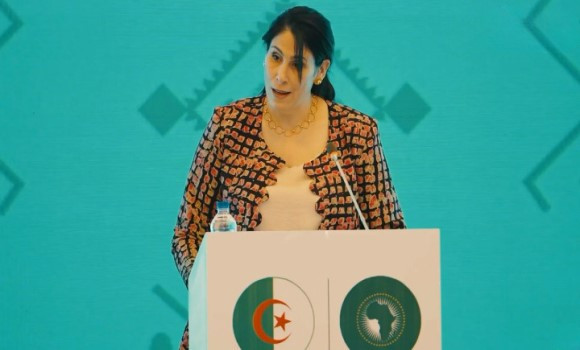
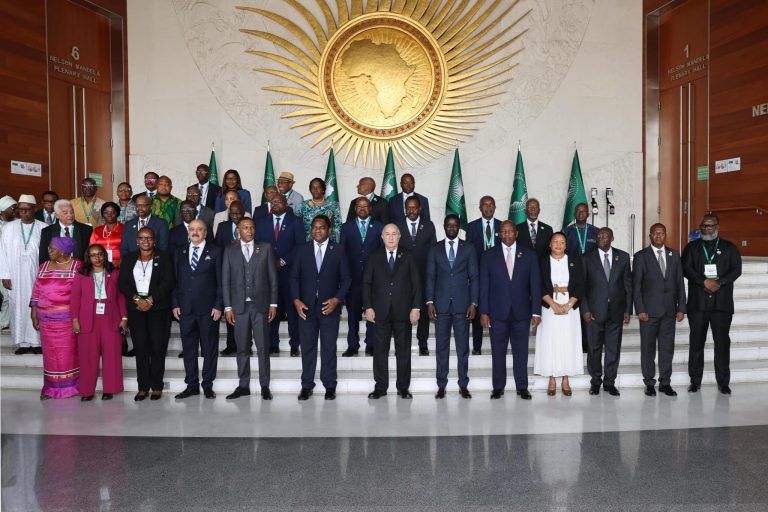
+ There are no comments
Add yours